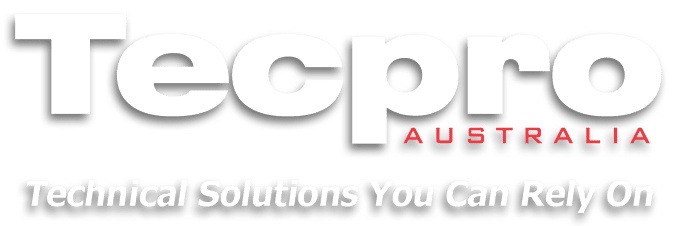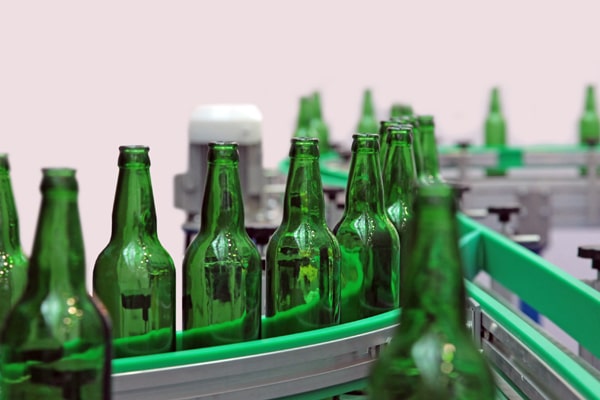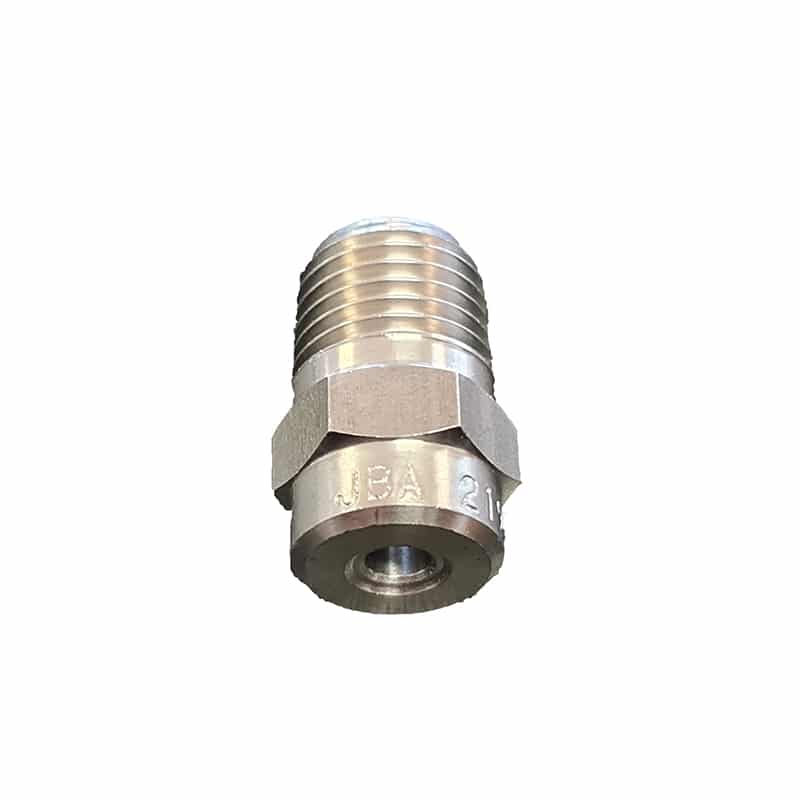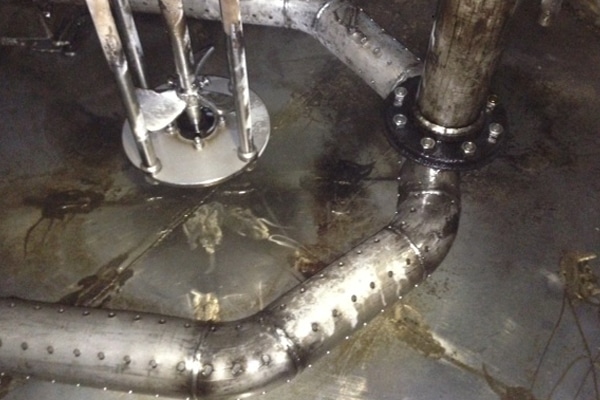Bottle Washing
Bottle washing nozzles are specialized components used in the beverage, pharmaceutical, and food processing industries to clean and sanitize bottles before filling them with products. Proper cleaning is crucial to maintain hygiene standards, eliminate contaminants, and ensure the quality and safety of the contents. Nozzles play a key role in efficiently and effectively removing residues, debris, and microorganisms from the inner surfaces of bottles.
1. Applications of Bottle Washing Nozzles:
- Beverage Industry: In the production of beverages such as soft drinks, juices, and bottled water, nozzles are used to clean and sterilize containers before filling. This ensures that the final product remains uncontaminated and meets quality standards.
- Pharmaceutical Industry: In pharmaceutical manufacturing, especially in the production of liquid medications, bottle washing is a critical step to ensure that containers are free from any contaminants that could compromise the integrity of the pharmaceutical product.
- Food Processing: Bottle washing is essential in various segments of the food industry, such as the packaging of sauces, condiments, and liquid food products. Proper cleaning of bottles helps prevent spoilage and maintains product freshness.
2. Types of Bottle Washing Nozzles:
- Rotary Nozzles: These nozzles are designed to rotate, providing complete coverage of the bottle interior. Rotary nozzles are effective in reaching all areas, including corners and hard-to-reach spots.
- Jetting Nozzles: Jetting nozzles release high-pressure jets of water or cleaning solution to remove residues from the inner surfaces of bottles. They are particularly useful for removing stubborn deposits.
- Internal Cleaning Systems: Some bottle washing systems incorporate internal cleaning mechanisms, such as brushes or sprayers, to ensure thorough cleaning of the bottle neck, shoulders, and base.
3. Components of Bottle Washing Nozzles:
- Material: Nozzles are typically made from materials that are resistant to corrosion and can withstand frequent exposure to cleaning agents and high-pressure water.
- Sanitary Design: Nozzles used in the food, beverage, and pharmaceutical industries are designed with hygiene in mind. They are easy to clean, resistant to bacterial growth, and comply with sanitary standards.
4. Bottle Washing Process:
- Pre-Rinsing: Bottles are often subjected to a pre-rinsing step to remove any loose debris or particles before the main washing process.
- Main Washing: The main washing process involves the use of bottle washing nozzles that direct cleaning solutions or water at high pressure to remove contaminants and residues from the inner surfaces of the bottles.
- Sanitization: After washing, bottles may undergo a sanitization step to ensure the elimination of any remaining microorganisms. This can involve the use of disinfectants or sterilizing agents.
5. Automation and Efficiency:
- Automated Systems: Modern washing systems often incorporate automation for increased efficiency. Automated nozzles, conveyor systems, and control mechanisms ensure consistent and thorough cleaning of bottles in high-speed production lines.
- Water Recycling: Some washing systems are designed with water recycling capabilities to minimize water consumption and reduce environmental impact.
Bottle washing nozzles are essential components in industries where maintaining hygiene standards is critical. They play a vital role in the efficient cleaning and sanitization of bottles before they are filled with beverages, pharmaceuticals, or food products. The design and functionality of these nozzles contribute to the overall cleanliness and quality of the final packaged goods.





